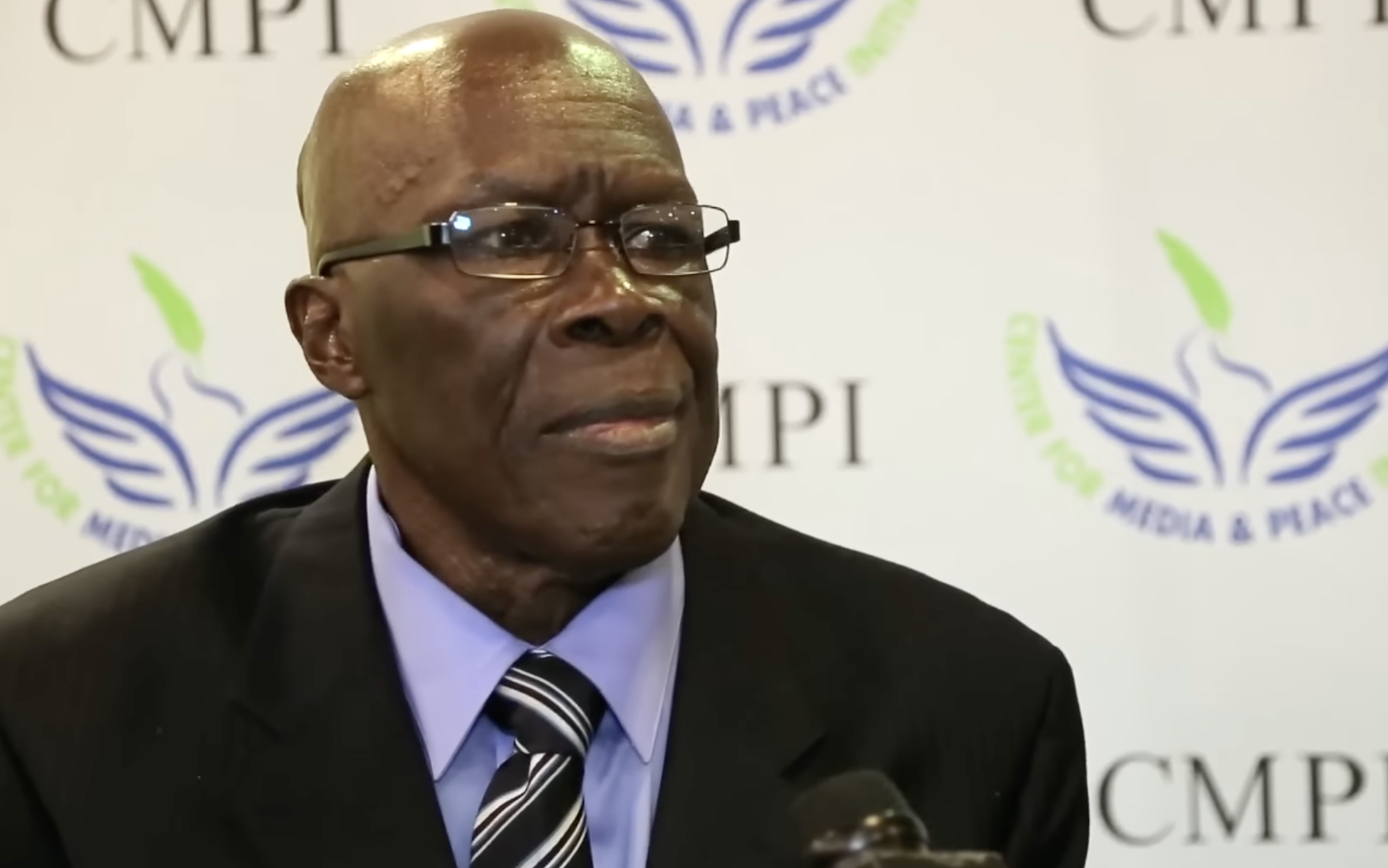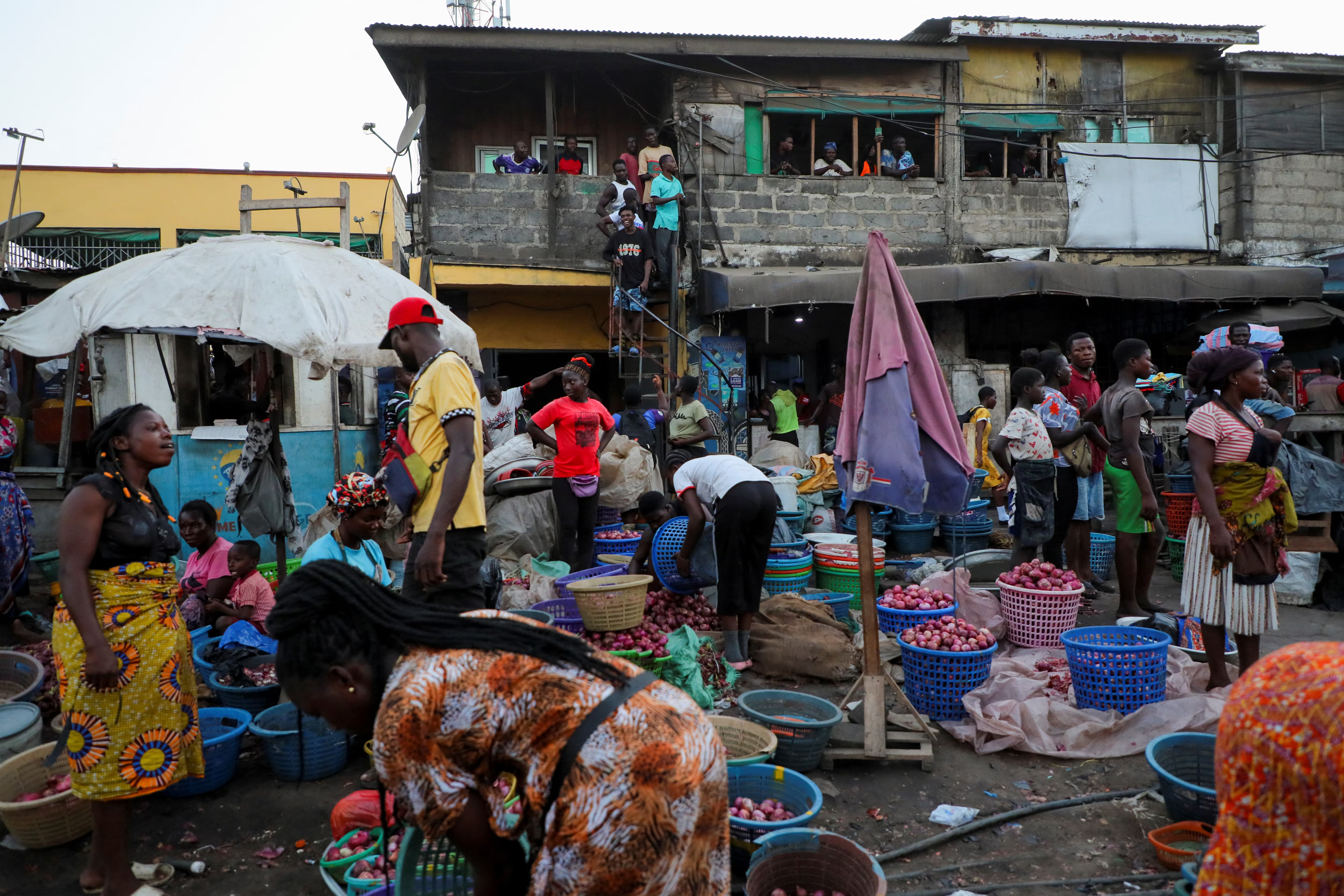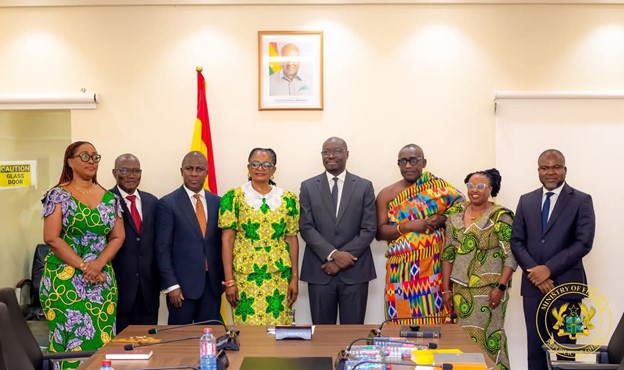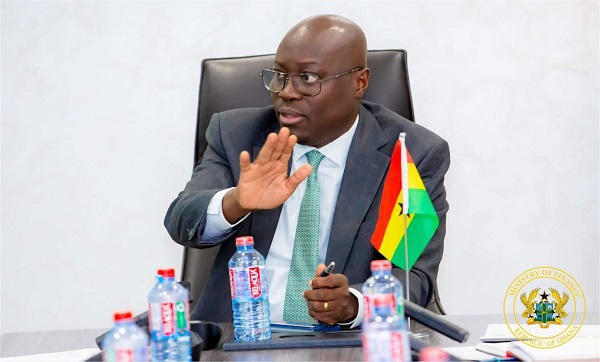National interest must guide energy sector levy discussions - Graphic Online
The levy, introduced to address the country’s staggering $3.1 billion energy sector debt, is undoubtedly rooted in economic necessity.
Yet, the manner of introduction and the subsequent public reaction reveal deeper concerns that demand sober reflection from both the government and the opposition alike.
Ghana’s energy sector crisis is not new. Years of underinvestment, legacy debts and operational inefficiencies have compounded into a fiscal burden threatening the country’s economic recovery.
As the Finance Minister, Dr Cassiel Ato Forson, rightly noted in Parliament, the energy sector poses the greatest economic and fiscal threat to the nation.
The urgency of resolving this issue cannot be overstated.
Power outages (infamously dubbed dumsor) have crippled productivity in the past and could again derail the nation’s fragile economic gains if left unchecked.
Yet urgency, no matter how valid, must not override process.
The Minority in Parliament, civil society organisations and petroleum sector stakeholders have raised valid and credible concerns about the transparency and timing of the levy’s introduction.
The passage of the bill under a certificate of urgency, reportedly without adequate parliamentary debate or stakeholder consultation, raises important questions about democratic accountability and public participation in policymaking.
These are not merely procedural grievances; they reflect a growing frustration among citizens over what appears to be a pattern of unilateral policy decisions that impact their lives directly, without their input.
The energy levy, effectively increasing the cost of fuel by approximately GH¢1 per litre, would have cascading effects across the economy.
These include higher transport fares, rising food prices and increased costs of doing business. For many Ghanaians already grappling with stagnant wages and persistent inflation, this new burden feels punitive and ill-timed.
President John Dramani Mahama has, however, allayed fears by assuring the public that the levy will be ring-fenced for the repayment of energy debts and fuel procurement, and that the appreciating cedi will cushion fuel prices in the short term.
These are important commitments. However, communication inconsistencies within the government itself — where some officials speak of debt servicing and others of operational fuel needs — only deepen public scepticism.
Thus, the Daily Graphic believes that clear, unified messaging and transparent tracking of levy proceeds will be critical to rebuilding public trust.
The Minority’s proposal for broader stakeholder consultations and alternative policy measures, including renegotiating power purchase agreements, reducing transmission losses and accelerating the adoption of renewable energy, must not be dismissed.
While the levy may indeed be necessary as an interim measure, the government would do well to view it not as an end, but as part of a broader, multi-pronged strategy.
These alternative pathways may not yield immediate revenues but they promise longer-term sustainability without disproportionately burdening the working poor.
In this moment of sharp division of views, we call on all political actors to resist the temptation of inflamed rhetoric and instead embrace a spirit of constructive engagement.
The government must recognise that public buy-in is essential for successful policy implementation.
The Minority, while holding the executive accountable, must ensure that its resistance does not descend into populism or obstruct reforms that are ultimately in the national interest.
Above all, we urge calm, understanding and unity.
Democracy is never anchored on unanimous agreement, but in our ability to disagree responsibly and resolve differences through dialogue and collaboration.
The energy sector crisis is a national challenge that transcends political affiliations.
Its resolution requires shared sacrifice, transparency and principled leadership from all sides.
The postponement of the implementation of the levy should serve as an opportunity to refine policy and reaffirm our collective commitment to democratic governance and the well-being of the people.









